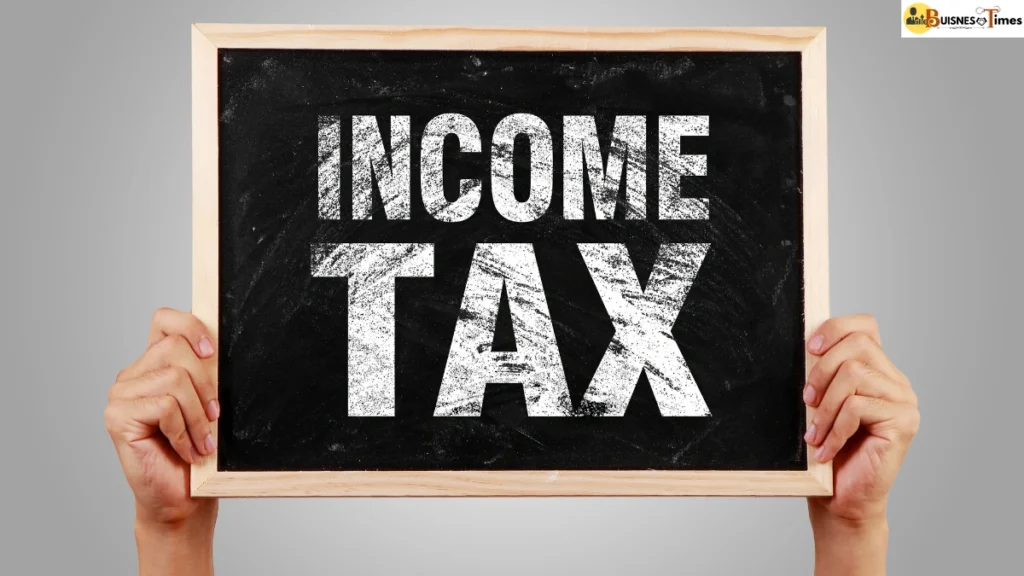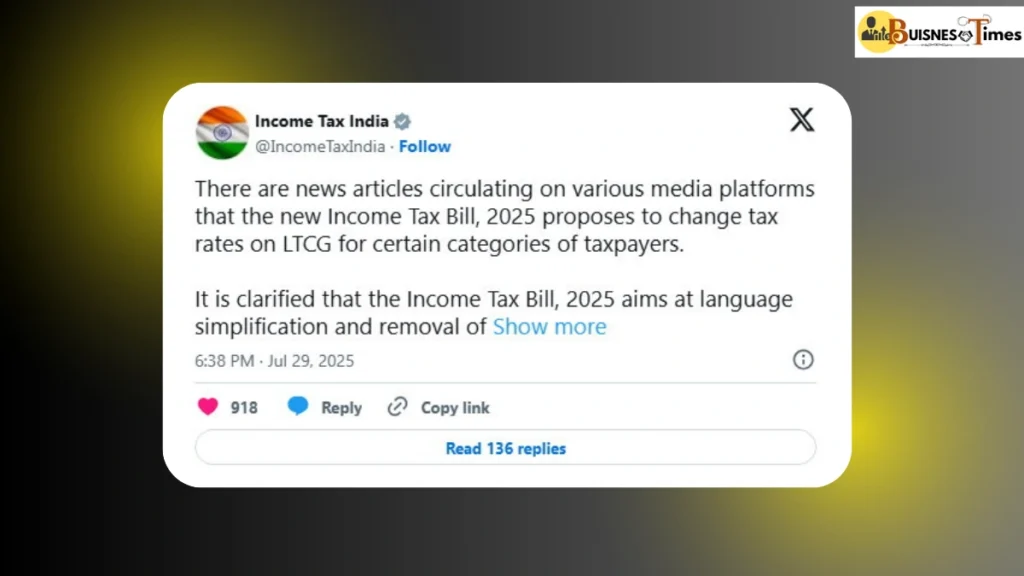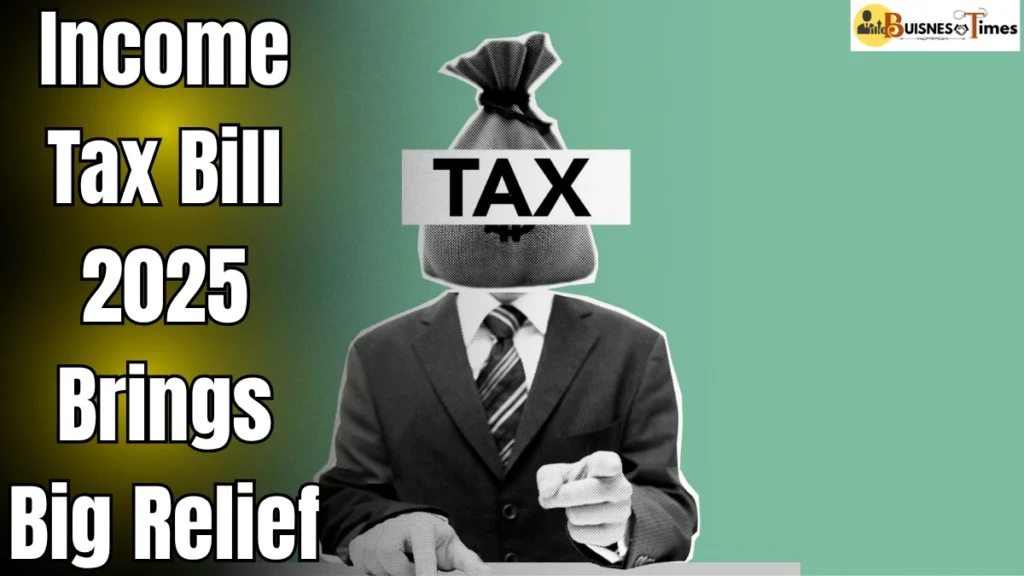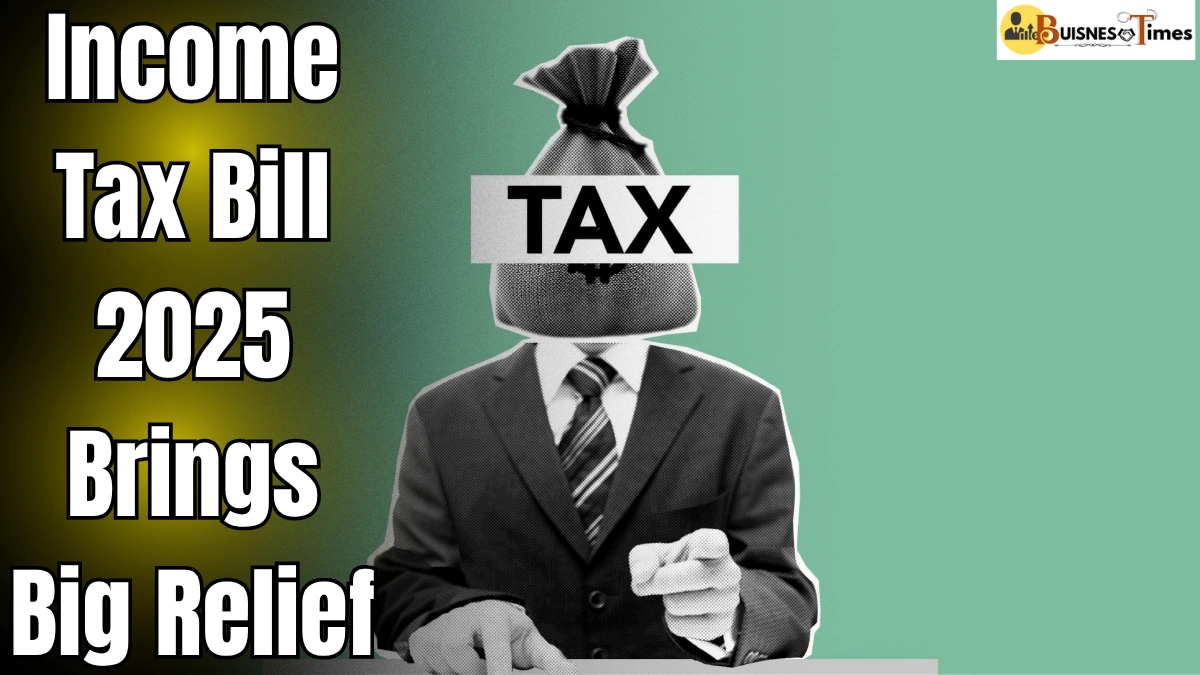
Government shelves February draft, prepares to present updated version in Parliament
In a significant development for taxpayers and businesses alike, the government has decided to withdraw the earlier version of the Income Tax Bill 2025, originally introduced in the Lok Sabha on February 13, 2025, and replace it with a revised draft. The updated bill will be tabled on Monday, August 11, aiming to modernize India’s tax laws while addressing concerns raised by lawmakers and stakeholders.
The fresh version of the bill is not just a minor tweak — it incorporates most of the 285 recommendations made by the Parliamentary Select Committee, which had been tasked with reviewing the February draft. The committee submitted its detailed report on July 21, prompting the government to make further modifications before reintroducing the legislation.
Income Tax Bill 2025: Why Was the Earlier Bill Withdrawn?
The original Income Tax Bill 2025 was intended to replace the Income Tax Act, 1961, which has been in force for over six decades and amended more than 65 times with over 4,000 changes. However, after detailed examination, the Select Committee and other stakeholders flagged several areas that needed refinement.
The primary criticism was that parts of the February draft were overly complex in language and structure, making it harder for taxpayers to interpret. Other concerns related to missing provisions, drafting inconsistencies, and cross-referencing errors.
By withdrawing the bill and working on a revised draft, the government signaled that it was willing to listen to expert feedback and make the tax code simpler, clearer, and more taxpayer-friendly.
Key Changes in the Revised Income Tax Bill 2025

The August draft brings several notable updates, many of which directly impact individual taxpayers, corporate entities, and charitable organizations. Here’s a breakdown of the most important changes:
1. Relief on Income Tax Refunds
In the February draft, Section 433 stated that taxpayers who filed their income tax returns (ITRs) after the due date would not be eligible for a refund. This provision sparked widespread criticism, as it would have penalized taxpayers facing unavoidable delays.
What’s new?
The revised bill removes this restriction entirely. Now, even if an ITR is filed after the deadline, the taxpayer can still claim eligible refunds, ensuring fairness and preventing unnecessary litigation.
2. Restoration of Inter-Corporate Dividend Deduction
One of the notable omissions in the earlier draft was Section 80M, which allows companies to claim deductions on inter-corporate dividends, particularly for those availing the special tax rate under Section 115BAA.
What’s new?
The revised bill reinstates this clause (Clause 148), bringing back the deduction and aligning the draft with existing corporate tax provisions.
3. Introduction of Nil TDS Certificates
The new bill includes a provision for taxpayers to obtain Nil TDS (Tax Deducted at Source) certificates under certain conditions. This means that in eligible cases, no tax will be deducted at source, providing immediate relief for businesses and individuals dealing with large transactions or specific income categories.
4. Clarity on Anonymous Donations to Religious Trusts
The government has clarified tax rules on anonymous donations.
What’s new?
- Purely religious trusts will now be exempt from tax on anonymous donations.
- The exemption will not apply to organizations that are both religious and engaged in social service activities such as running hospitals, schools, or similar institutions.
This change aims to protect genuine religious institutions while preventing misuse of the exemption for non-religious activities.
5. Push Towards a Digital-First Tax Process
The updated bill reflects the government’s Digital India vision by emphasizing a fully digital, automated, and faceless tax administration system.
The goal is to:
- Minimize physical interactions between taxpayers and officials.
- Reduce corruption risks.
- Improve efficiency and speed in tax processing.
6. Clearing the Air on Capital Gains Tax Rumours
Last month, speculation surfaced that the new Income Tax Bill might alter capital gains tax rates. However, the Income Tax Department quickly dismissed these claims in a post on X (formerly Twitter), clarifying that the bill’s main objectives are language simplification and removal of obsolete provisions, not tax rate changes.

Income Tax Bill 2025: Expert Opinion on the Changes
Tax experts have largely welcomed the revisions. Vivek Jalan, Partner at Tax Connect Advisory Services LLP, highlighted one key improvement:
“Clause 263(1)(a)(ix) in the February draft made it mandatory to file returns within the due date to claim refunds. This would have caused hardship for taxpayers who missed deadlines for genuine reasons. The Ministry of Finance has wisely removed this clause to prevent unnecessary litigation.”
He also noted that the deletion would require re-numbering of clauses, but the move would be beneficial in the long run.
Income Tax Bill 2025: Historical Context — Why This Bill Matters
The Income Tax Act, 1961, which the new bill seeks to replace, has been the backbone of India’s direct tax system for over 62 years. Over this period, it has undergone 65 amendments and accumulated over 4,000 changes, leading to a complex and sometimes confusing legal framework.
By introducing an entirely new bill, the government aims to:
- Simplify tax compliance for individuals and businesses.
- Eliminate outdated provisions that no longer serve the current economic environment.
- Improve clarity to reduce disputes and court cases.
Income Tax Bill 2025: What Happens Next?
The revised Income Tax Bill 2025 will be officially tabled in the Lok Sabha on August 11. Once presented, it will go through the standard legislative process, including debates, possible further amendments, and voting.
If passed, it will replace the six-decade-old tax law, ushering in a modernized, simplified, and digitally driven tax regime for India.
Income Tax Bill 2025: Impact on Taxpayers
While most of the changes in the new draft focus on clarity and simplification rather than altering tax rates, they still carry significant implications:
- For individuals: Easier refund claims and reduced risk of disputes due to missed deadlines.
- For companies: Restoration of inter-corporate dividend deductions provides financial relief.
- For trusts: Clearer guidelines on anonymous donation exemptions.
- For all taxpayers: More transparent, digital-first tax administration.
The Revised Income Tax Bill 2025 represents more than just a legislative update — it’s an opportunity to reshape India’s direct tax framework for the modern era. By withdrawing the earlier draft and incorporating extensive feedback, the government has shown its willingness to listen and adapt.
All eyes will now be on August 11, when the bill’s details are laid out in Parliament. Whether you’re an individual taxpayer, a corporate entity, or part of a charitable trust, the upcoming legislation is set to redefine how you interact with India’s tax system for years to come.

